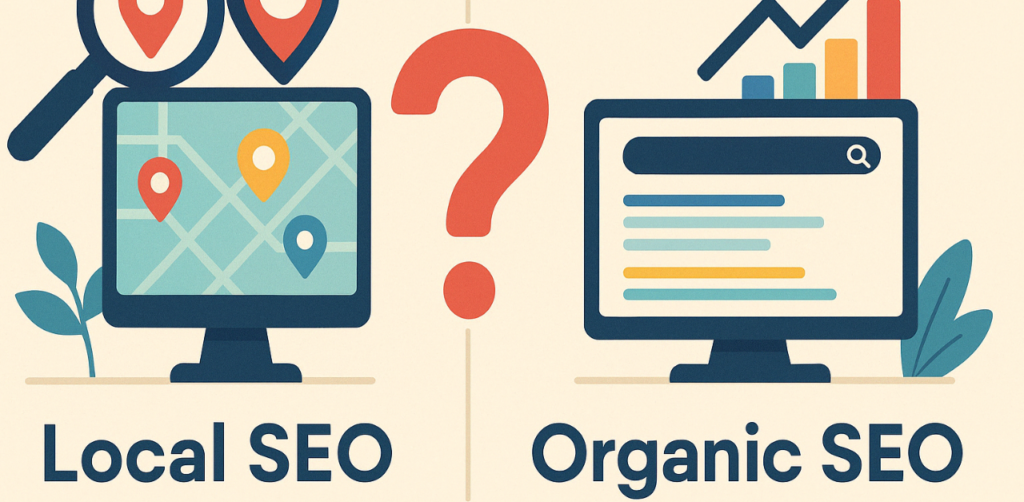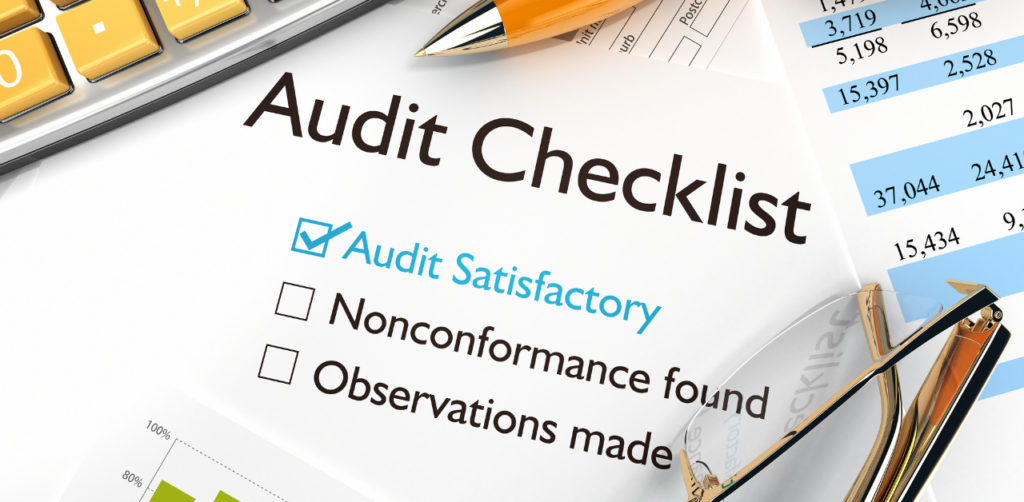Your website isn’t getting the attention it deserves. Maybe your traffic is stagnant, or visitors aren’t staying long enough to engage. This isn’t just frustrating—it’s affecting your business. You might have tried adding blogs or using keywords, but the results just aren’t there. So, what’s missing?
The problem lies in not having a proper SEO content strategy. Throwing words onto a page without understanding what your audience searches for or how search engines rank content is like shouting into a void. It’s a wasted effort. This is where things start to spiral—your competitors are outpacing you, ranking higher, and pulling in the organic traffic you’re missing out on.
Here’s the solution: an SEO blog specialist. These professionals are strategists who understand how to create content that ranks and resonates. They combine technical SEO knowledge with digital marketing strategies to connect with your target audience. They know how to weave SEO tactics seamlessly into blogs that answer your audience’s questions, solve their problems, and drive traffic to your site.
Hiring an SEO blog specialist is the difference between guessing and growing. With their help, your content becomes a tool to attract, engage, and convert readers into customers. This article explores why your business needs an SEO blog specialist for effective content strategy and how they contribute to your business’s online success.
What is an SEO Blog Specialist?
An SEO Blog Specialist is a professional dedicated to enhancing a website’s visibility through strategic content creation and optimization. They are responsible for:
- Conducting in-depth keyword research
- Identifying phrases that resonate with potential customers
- Ensuring these keywords are seamlessly integrated into the content
This process attracts organic traffic and aligns with users’ search intent, making the content more relevant and engaging.
Beyond keyword research, an SEO blog post specialist focuses on creating valuable content that improves a site’s visibility. Optimizing on-page elements and applying their expertise, these specialists significantly improve search engine rankings, increase traffic, and contribute to business success.
Keyword Research and Strategy Development
Keyword research forms the foundation of a successful SEO strategy. By identifying and analyzing key phrases, businesses can significantly enhance their search engine rankings and attract substantial traffic to their websites. Here’s a detailed breakdown of the process:
- Identify high-volume keywords that align with business goals to maximize visibility and attract more visitors.
- Assess keyword difficulty and competition to focus on terms with better ranking potential.
- Target keywords based on user search intent and audience demographics for more effective engagement.
- Utilize long-tail keywords with lower competition and higher conversion rates to meet specific user needs.
- Track search trends to strategically time content publication for optimal visibility and relevance.
- Leverage tools like Google Search Console to refine keyword strategies through performance insights and data analysis.
Crafting High-Quality, Engaging Content

Creating high-quality content is a cornerstone of effective SEO. Google’s ranking algorithms emphasize the E-E-A-T principles:
- Experience
- Expertise
- Authoritativeness
- Trust
Content that is informative, original, and valuable to users is prioritized, which contributes to improved search engine rankings.
Knowing your target audience is key to creating content that connects. Building persona profiles helps you understand their needs and preferences, making your content more engaging and trustworthy. This approach strengthens your authority in the niche and builds meaningful connections with your audience.
Furthermore, incorporating AI into content creation can enhance efficiency, but human oversight is essential. AI tools can streamline tasks like generating ideas or editing, but humans ensure that the final content meets quality standards and aligns with the intended message and audience expectations.
Repurposing existing content is also a smart way to maximize the value of older materials. Strategies for repurposing include:
- Updating outdated information with fresh data or insights
- Transforming blogs into videos, infographics, or podcasts
- Revisiting high-performing content to adapt it to current trends
A structured process is vital for crafting effective SEO content. This process should include:
- Idea generation tailored to your audience’s needs
- Keyword research to align with search intent and visibility goals
- Consistent integration into a broader content marketing strategy
These steps ensure that your content remains relevant, engaging, and impactful over time.
On-Page SEO Techniques
On-page SEO techniques are essential for improving a website’s visibility and driving traffic. These techniques focus on optimizing individual elements within a webpage to influence its ranking in search engines effectively. Here’s how:
- Title Tags and Meta Descriptions: Optimizing title tags and meta descriptions enhances click-through rates by aligning with user intent and search engine algorithms.
- Header Tags for Organization: Using header tags (H1, H2, H3) improves content organization, aiding user navigation and search engine understanding.
- Internal Linking: Internal links boost user engagement and provide search engines with context about site structure and related topics.
- Keyword Optimization: Strategic keyword placement improves discoverability and ensures alignment with user search queries.
Enhancing User Experience

User experience (UX) plays a significant role in the SEO efforts of specialists, as search engines assess user interactions to gauge website quality. Delivering a superior user experience can:
- Increases the time spent on the site
- Builds trust
- Improves conversions
Clear navigation and layout facilitate user journeys and assist search engines in indexing site content.
Moreover, fast-loading websites and mobile-friendly designs are a must for a positive user experience. With 61% of Google searches conducted on mobile devices, ensuring your site is responsive is essential for improving online visibility. Including relevant visuals, such as images and graphics, can enhance engagement and improve SEO.
Structured data helps search engines better understand your content, boosting visibility in features like rich snippets. Internal linking also enhances user experience by facilitating easier navigation within the site. Overall, a well-optimized website that prioritizes user experience can significantly boost search engine rankings.
Monitoring and Analyzing Performance

Monitoring and analyzing website performance is a vital aspect of refining SEO strategies. Here’s how:
- Insights from Google Analytics: Google Analytics provides essential data on website performance, such as user behavior, traffic sources, and conversion rates. These insights help shape and improve SEO tactics.
- Using Google Search Console: Google Search Console offers detailed data on organic search performance. It enables tracking of key metrics such as click-through rates (CTR) and helps discover new keyword opportunities, offering advantages over other search engines.
- Enhanced Reporting with Integrated Tools: Combining Google Search Console data with other SEO tools allows for more comprehensive analysis and reporting. This integration supports the creation of customized reports tailored to stakeholders’ needs, offering deeper insights into performance.
- Importance of Regular Website Audits: Conducting regular audits helps identify areas for optimization. This ensures content stays relevant, competitive, and aligned with evolving search engine algorithms.
- Continuous Optimization: Maintaining an effective SEO strategy requires ongoing refinement. Leveraging updated data from Google Search Console allows businesses to adapt quickly and stay ahead in the digital industry.
Local SEO Tips for Businesses
When it comes to local SEO, it’s all about making your business visible to people in your area. Optimizing your website for local searches can bring more website traffic, boost sales, and increase your reach within your community. Here’s how to get started:
- Optimize Your Google Business Profile. Make sure your Google Business Profile is fully updated. Add accurate business details like name, address, and phone number. Include your hours of operation, photos, and a short description with relevant keywords. Encourage customers to leave reviews, as they help your business stand out in search results.
- Use Location-Specific Keywords. Include keywords that reflect your location and services. For instance, if you’re a plumber in Las Vegas, phrases like “Las Vegas plumbing services” or “plumbers near me” can attract more local traffic. These keywords help search engine optimization efforts target your audience effectively.
- Focus on Local Content. Write blog posts or create content that appeals to your local audience. Highlight community events, share local news, or showcase how your services solve specific local problems. This not only improves engagement but also strengthens your local search engine rankings.
- Ensure Your NAP Information Is Consistent. Your Name, Address, and Phone Number (NAP) should be consistent across all online platforms. This includes your website, social media profiles, and online directories. Consistency builds trust with both users and search engines, improving your standing in search engine results pages.
- Improve On-Page Optimization for Local Search. Use location-based keywords in your meta titles, descriptions, and headers. Embed a Google Map of your business on your contact page to make it easy for local users to find you. A strong SEO strategy for on-page optimization ensures search engines can easily identify your business’s location.
- Secure Local Backlinks. Partner with local businesses or organizations to earn backlinks from their websites. Local backlinks signal to search engines that your business is relevant in the area, giving you a competitive advantage in search results.
- Track Local SEO Performance. Use tools to monitor your rankings and website traffic. Check how well your content marketing efforts are driving local visitors and which keywords are working. Pay attention to monthly search volume for keywords related to your business to keep your strategy aligned with user intent.
Transform Your Online Presence with an SEO Expert
A strong content strategy is the backbone of your online success. Working with an SEO blog specialist ensures your content is optimized, engaging, and aligned with your business goals. This approach drives traffic, builds trust, and increases conversions.
Web Search Marketing, a trusted Las Vegas SEO Marketing Agency, can help you achieve these results. With our deep understanding of search trends and content strategy, our SEO professionals deliver solutions tailored to your business. Don’t leave your content to chance.
Book a consultation today to see how our SEO services and modern digital marketing strategies can transform your online presence and connect you with your audience. Take the first step toward meaningful growth for your business.
































